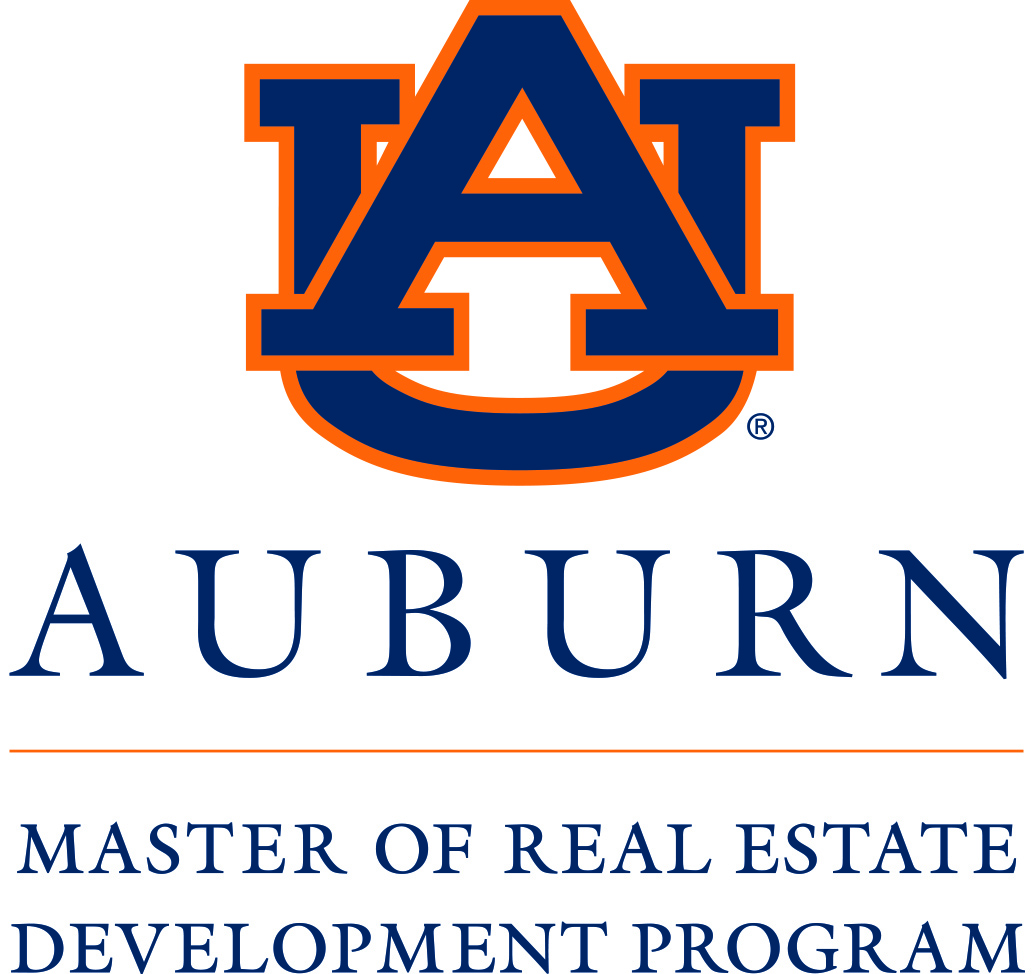The Auburn Alum Behind ONEC1TY, Nashville’s Healthiest Community

A once-vacant 20-acre parcel of land in West Nashville will soon play host to medical companies, hundreds of residents, and daily outdoor exercise and meditation classes.
This is ONEC1TY, a burgeoning mixed-use development in Nashville’s hospital district. The brainchild of Ryan Doyle, the project strives to create a model for healthy living in one of the country’s fastest-growing real estate markets.
For Doyle, this project is the culmination of almost a decade spent in healthcare real estate and the experience he gleaned as a member of Auburn University’s Master of Real Estate Development program, which spurred him to consider the kind of communities he could help create as a real estate developer.
“The program got me thinking about the idea of place and how buildings can underpin communities,” said Doyle, who serves as ONEC1TY's general manager. “I wanted to create a community not just focused on healthcare, but focused on health.”
ONEC1TY now serves as a case study for current Auburn master’s degree students, but will also serve as an example of healthy, sustainable development for Nashville and other cities in the Southeast. Bisnow sat down with Doyle to dive into how Auburn’s MRED program influenced ONEC1TY and what he sees as the future of development in Nashville.
Bisnow: How did you find your way into real estate?
Ryan Doyle: My background is as a healthcare administrator and I worked for a long time in healthcare real estate at Welltower, a publicly traded REIT. I thought a lot about how to bring care closer to where people live and work. As I moved more into capital planning for senior housing and medical office, it struck me that I should go back for a formal real estate development curriculum to focus on what’s beyond just healthcare, which led me to Auburn.
Bisnow: How did the idea for ONEC1TY come about?
Doyle: The MRED program really got me thinking about the more macro aspects of real estate and inspired me to consider Nashville as a whole. I started asking myself how I could make more of a difference, not just finding the next site for a medical office building, but reshaping the city on a larger scale.
I envisioned a mixed-use district, or really an innovation district, that would become an anchor for all of the surrounding hospitals and medical office buildings.

Bisnow: Did you have any partners on the project?
Doyle: Prior to breaking ground, I began working with a developer from Dallas, Cambridge Holdings, who really accelerated the vision, backed the project financially and executed the land development, the first office building and multifamily community. Thanks to those early investments and our focus on place, we are bringing in best-in-class partners to implement additional hospitality, high-rise office and residential uses.
Bisnow: What’s the philosophy behind ONEC1TY?
Doyle: The goal is to foster healthier behaviors by making healthier choices the easy choices. The master plan includes building healthy workplaces and walkable streets, bringing in a retail strategy driven by fresh food, having lots of open space and programming that space with fitness and the arts. We’re right here in the heart of hospitals and universities, so health innovation is at the forefront.
Bisnow: Why do you think health-focused development is important, especially in a city like Nashville?
Doyle: I learned as a healthcare executive how important it is to keep communities healthy. Health is really going to be the new sustainability. LEED has been around forever, but just in the last five years we’re seeing WELL Certification, which has its emphasis on health.
Of all the regions of the U.S., the Southeast may be the unhealthiest. We’re only working on 20 acres, that’s hardly even a pilot project, but we need these principles to inform how cities in the Southeast redevelop and create spaces as we urbanize.

Bisnow: How do you think ONEC1TY was influenced by the Auburn MRED program?
Doyle: From the very first class, the program broadened my view of real estate. We worked through case studies and field studies, visiting with city officials from Boston to Portland to learn how development plans are created. It made me think beyond the healthcare projects that I was used to, about how cities are created for their citizens.
Bisnow: Are you still involved with the MRED program?
Doyle: For a while, I was an adjunct faculty member, and I would lead field studies. The program still brings classes up to Nashville and ONEC1TY for visits, and I still serve on the alumni advisory board.
I’m still very involved with my classmates. There were 20 of us, and I would say I still talk to 15 or so on a monthly basis, even six or seven years out of the program. Our year brought together executives with experience in finance, architecture, urban planning, construction and so many other fields. I feel like I learned as much from my classmates as my instructors.
Bisnow: How do you think health-focused development can prove its worth to the wider world of CRE?
Doyle: That’s really the catch-22: proving that the investment is actually making people happier and healthier. I would love to commission a long-term, epidemiological study at ONEC1TY and other health-focused developments to show their value. For now, it might have to be enough to show that we have happier, more satisfied, more productive workforces, companies renewing their leases and people who want to live and play here and use the health and wellness amenities.
This feature was produced in collaboration between Bisnow Branded Content and Auburn Master of Real Estate Development. Bisnow news staff was not involved in the production of this content.

